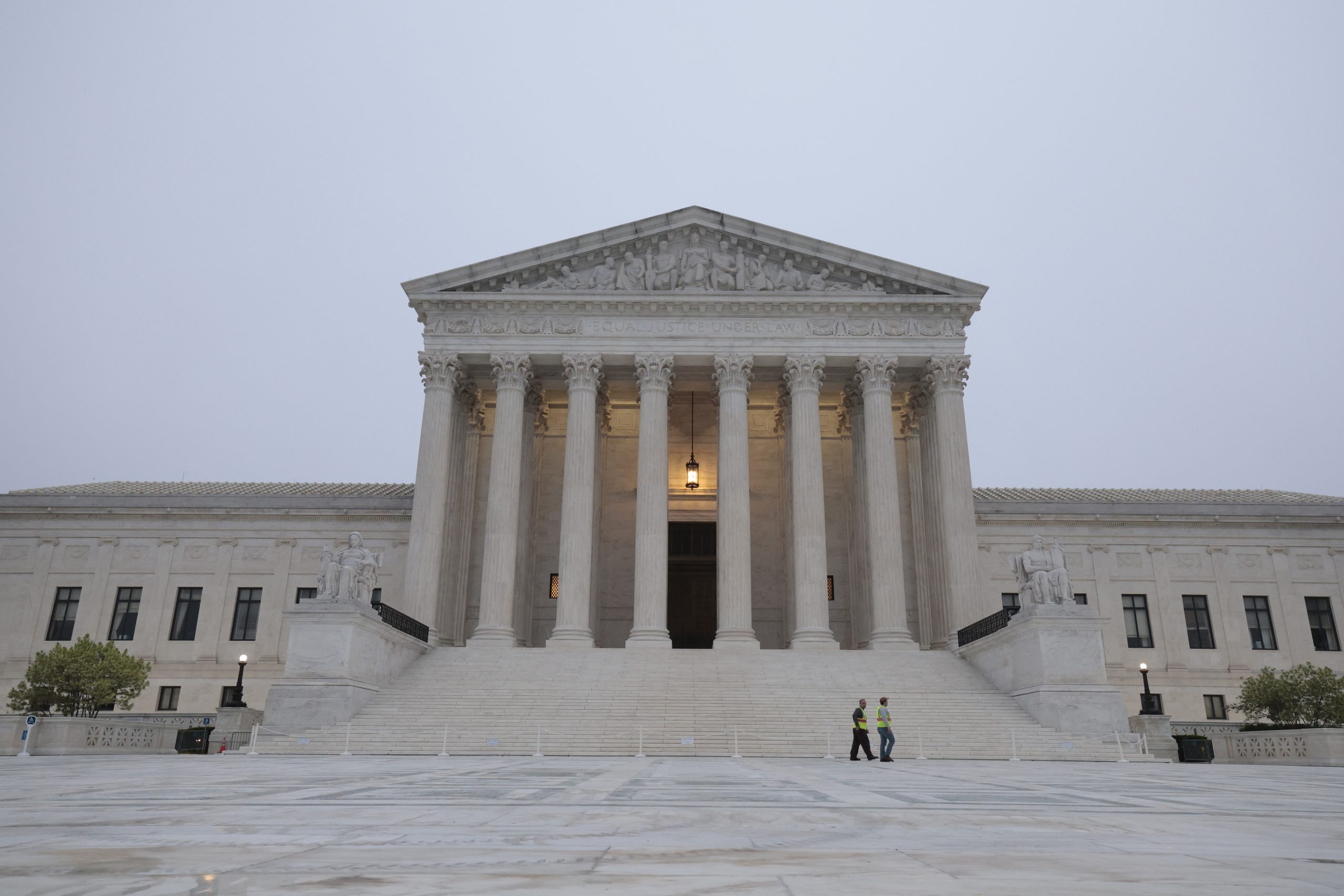But four justices signed on to a concurring opinion that raised doubts about the Biden administration’s decision to essentially give up in lawsuits a
But four justices signed on to a concurring opinion that raised doubts about the Biden administration’s decision to essentially give up in lawsuits against the plan that were left over from the Trump administration.
“This allowed the Government to circumvent the usual and important requirement … that a regulation originally promulgated using notice and comment (as the Public Charge Rule was) may only be repealed through notice and comment,” Chief Justice John Roberts observed, joined by Justices Clarence Thomas, Samuel Alito and Neil Gorsuch. “As part of this tactic of ‘rulemaking-by-collective-acquiescence … ’ the Government successfully opposed efforts by other interested parties — including petitioners here — to intervene in order to carry on the defense of the Rule, including possibly before this Court. These maneuvers raise a host of important questions.”
Roberts said that the posture of the case implicated “a mare’s nest” of issues beyond the states’ authority to intervene and that complexity made it unwise for the court to resolve it. He cautioned, though, that the nondecision “should not be taken as reflective of” any resolution of those questions or of pending litigation over new Biden administration policymaking in the immigration area.
The Supreme Court did step in on the legality of the Trump-era rules in January 2020, when it issued a 5-4 ruling allowing the Trump policy to take effect after several federal judges blocked it.
The Trump-era policy, championed by White House adviser Stephen Miller, broadened the definition of public assistance in federal immigration regulations. Under the rules, immigrants could have been denied permanent resident status — also known as a green card — if they had received food stamps, welfare, Medicaid, prescription drug subsidies or Section 8 housing vouchers or were found to be likely to do so in the future.
The Biden administration stopped enforcing the policy in March 2021.
www.politico.com
